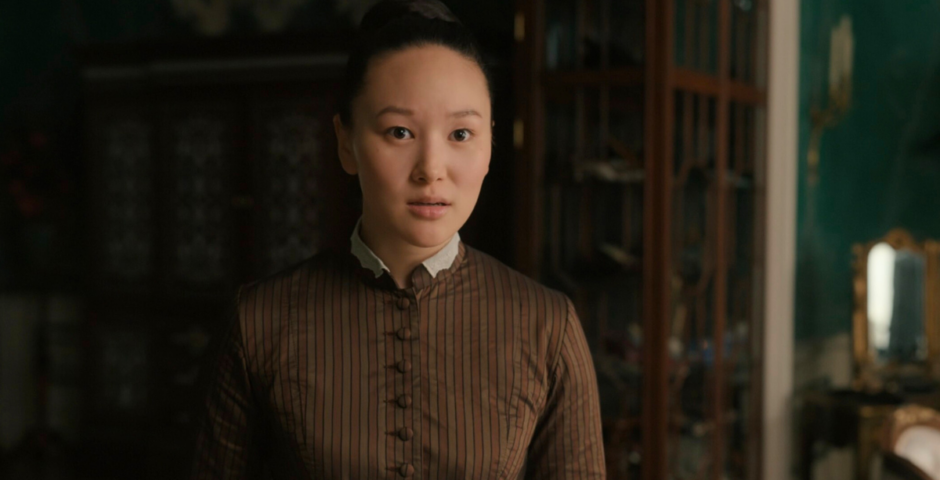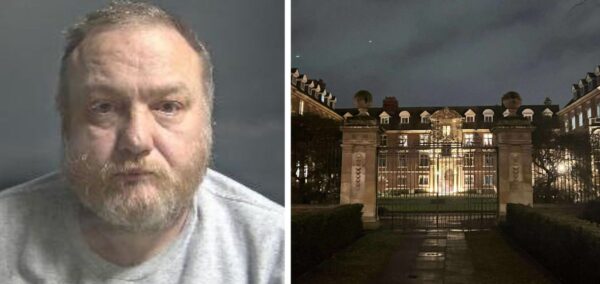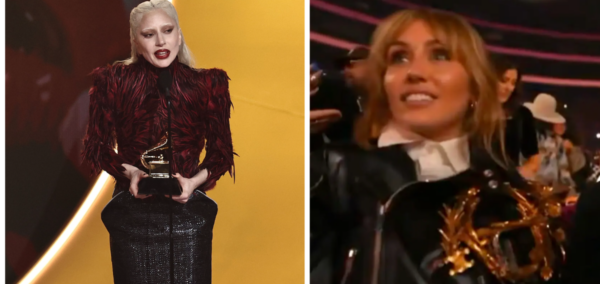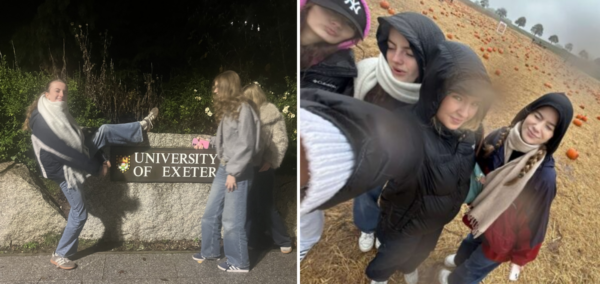
Cambridge SU officially supports Cambridge for Palestine encampment
An emergency vote on 11th June confirmed the SU’s support for the encampment
The Cambridge SU has voted to support Cambridge for Palestine’s encampment on King’s Parade after an “Extraordinary Student Members’ Meeting” on Tuesday 11th June. The extraordinary meeting occurred following a petition concerning the SU’s finances and high rate of resignations.
“A motion to support the Cambridge Liberated Zone”, was proposed and passed by 84.7 per cent voting in favour of it, 14.5 per cent against, and 0.8 per cent abstaining.
The motion saw the SU resolve to support the current encampment and any future ones by allocating the remaining Council Free Budget (£1250) to support the “Cambridge Liberated Zone”.
The SU noted in the motion the University’s ongoing complicity in Israel’s genocide of Palestinians through investment, research and academic ties. The SU resolved to actively promote its commitment to supporting the Palestinians people via targeted campaigns, educational initiatives and solidarity action as directed by students fighting for Palestine.
The SU also resolved to officially recognise the encampment’s demands and Cambridge for Palestine’s elected negotiation team as a legitimate representative body of the student population, and to ensure they remain represented in the ongoing dialogue and working groups with the University.
As reported by Varsity, the proposer labelled the SU “frankly embarrassing” for not even trying to actively engage with the encampment and for being unrepresentative of students after four out of eight elected SU sabbatical officers resigned and were not replaced.
The SU noted in the motion the resignation of the Welfare and Community officer, who alleged the Cambridge SU is not qualified to represent students on the matter of Palestine and criticised the SU for being disconnected with student movements as it attempted to ban SU staff from supporting the encampment.
Most Read
The SU further noted its recognition of low student engagement with less than 10% of the student body participating in recent elections and consultations.
Speakers opposing the motion stressed that an SU endorsement of the encampment would be harmful as it would heighten antisemitic rhetoric, with a spokesperson for Cambridge University Jewish Society arguing that the motion was also inappropriate in light of the SU’s goal to represent all students.
As reported by Varsity, the President of the Cambridge University Jewish Society stated “there has not been a day gone by when I have not experienced antisemitism” since the encampment began. The Cambridge University Jewish Society recently supported the Union of Jewish Student’s “We’ve had enough” campaign, which claimed there has been “an unimaginable escalation in campus antisemitism” since the October 7th attacks by Hamas with it becoming “a permissible form of hatred”.
Other speakers responded to Cambridge University Jewish Society by claiming the society did not have the mandate to speak for all Jewish students and that their argument would delegitimise the Jewish identify of those who do not support Israel.
It was also argued by one speaker that the encampment has already provided a platform for antisemitic views to be shared, as the teach-in led by Professor Adam Sutcliffe of King’s College London called “weaponising antisemitism” seemingly denied that antisemitism exists in the war in Gaza.
In a statement to Varsity, Sutcliffe responded to the criticism with “As a proud Jew and a historian of Jewish history, including the history of antisemitism, I find the suggestion that my teach-in session was in some way antisemitic absolutely absurd. We had an open and wide-ranging discussion at the encampment, and nobody was in any way silenced or marginalised.”
The running of the meeting was criticised by multiple attendees, as some were unable to enter the meeting for the first 20 minutes, including the SU’s BME officer Maroof Rafique.
The SU’s Undergraduate Access, Education and Participation Officer Caredig ap Tomos, who chaired the meeting, stated this was unintentional and underscored in a statement to Varsity that students had to join the meeting via their Cambridge University account to vote.
He said, “no votes cast by students not attending the meeting were counted as a part of the results, and all students who attempted to join through their University account were admitted, including those who switched to logging on to their accounts during the meeting”.
The SU, Cambridge for Palestine, and the Cambridge Jewish Society have been contacted for comment.
Feature image credit: Leah Whiting






















